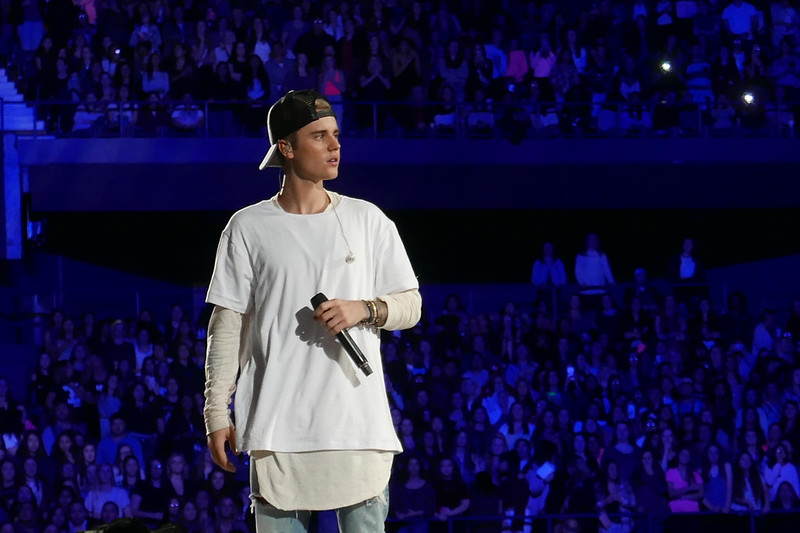
Canadian pop star Justin Bieber recently revealed that he had been diagnosed with a rare neurological condition known as Ramsay Hunt syndrome. The June 11, 2022, announcement came after the 28-year-old musician postponed three shows on his 2022 Justice World Tour. Bieber subsequently delayed all his upcoming US performances to recover.
"It is from this virus that attacks the nerve in my ear and my facial nerves, and has caused my face to have paralysis," the 28-year-old singer told fans in an Instagram video. "As you can see, this eye is not blinking. I can't smile on this side of my face. This nostril will not move."
What is Ramsay Hunt syndrome?
Ramsay Hunt syndrome — named after American neurologist Dr. James Ramsay Hunt, who first documented the condition in 1907 — is caused by the virus responsible for chickenpox. The virus remains dormant in the body long after the person has recovered from chickenpox and usually causes no symptoms.
However, a weakened immune system or emotional stress can sometimes reactivate the virus, resulting in what is known as shingles. The painful rash and blisters, which last for three to five weeks, typically attack a single area of the body, such as the torso. But in a few unfortunate people — about five in 100,000 — the virus reactivates in the facial nerve, causing it to swell and become irritated. This is called Ramsay Hunt syndrome.
How does Ramsay Hunt syndrome cause facial paralysis?

The facial nerve, which carries nerve fibers that control facial movement and expression, traverses through facial channels located on each side of the brain. The thin bones are extremely dense, and even minor inflammation can cause the facial nerve to be pinched and prevent it from functioning correctly.
The most noticeable characteristic of Ramsay Hunt syndrome is paralysis on one side of the face. Symptoms also include blisters around the ear or on the roof of the mouth. Some individuals also experience hearing loss and vertigo.
Is there a cure for Ramsay Hunt syndrome?
Early diagnosis and treatment are key to a full recovery from Ramsay Hunt Syndrome. British charity Facial Palsy UK reports that 70 percent of those who receive treatment within three days of developing symptoms recover fully. The rate drops to about 50 percent for those who wait longer. Bieber, who is resting and undergoing the best medical care possible, is optimistic.
"I'm gonna get better. I'm doing all these facial exercises to get my face back to normal - and it will go back to normal," the young musician said. "It's just time, and we don't know how much time that's going to be."
Resources: theconversation.com, NPR.com, rarediseases.org
